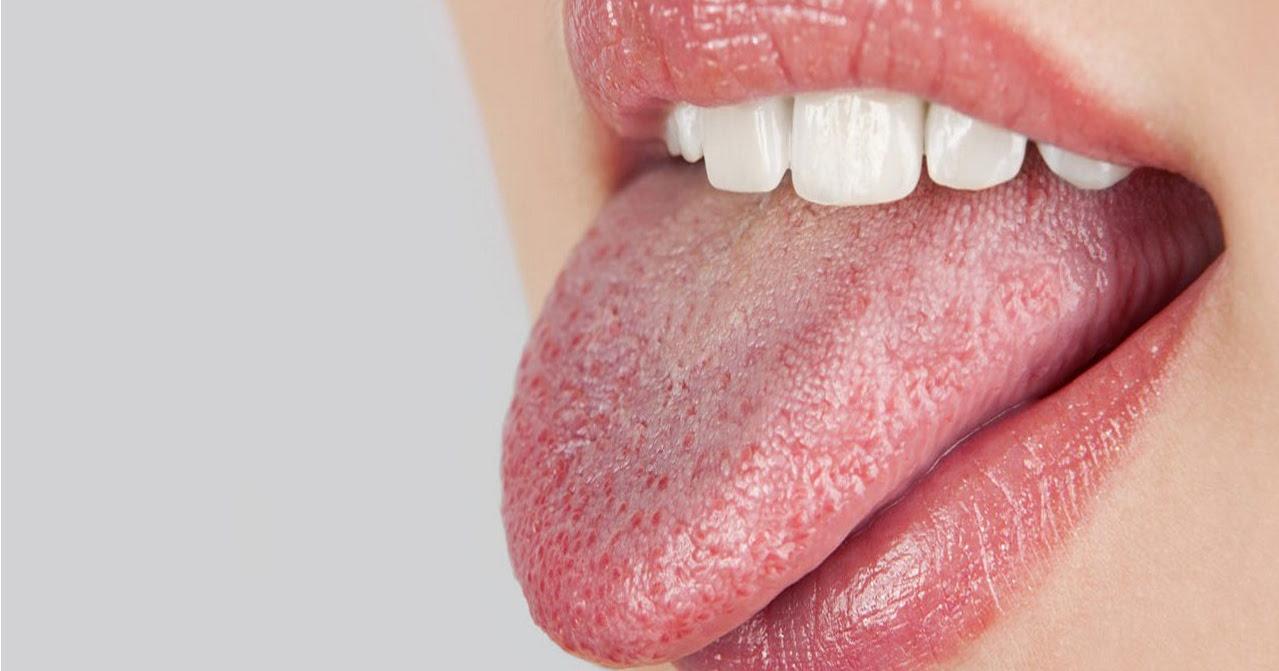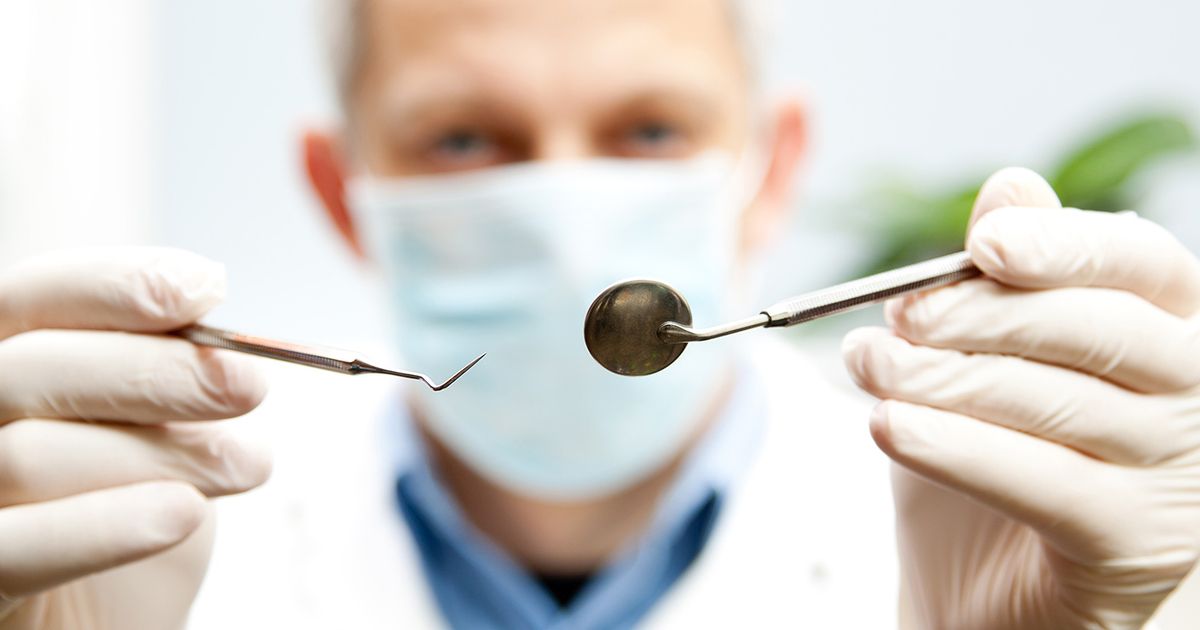What Causes Dysgeusia?
Dysgeusia is a relatively common taste disorder that can adversely affect an individual's overall enjoyment of the food they eat. When an individual is suffering from this condition, they'll primarily experience a lingering sensation in their mouth that is generally unpleasant. Individuals affected by this condition commonly notice taste issues that cause them to have regular metallic, foul, or rancid tastes. The primary treatments used to resolve this disorder are usually centered around addressing the root of the disorder, of which there are many. Some of the underlying conditions will resolve on their own, while others will require a more comprehensive treatment plan. The disorder can be caused by a wide range of issues and underlying conditions patients might want to be on the lookout for.
Type 2 Diabetes Mellitus

While some of the causes of dysgeusia are relatively harmless, it's possible the presence of type 2 diabetes mellitus has caused this disorder to develop. While this form of diabetes can be effectively managed if patients maintain a proper diet and exercise regularly, there's no actual cure for the condition. Type 2 diabetes usually causes dysgeusia when it has not been diagnosed. The problem with undiagnosed diabetes is the symptoms will worsen since the patient's body won't be receiving the amount of insulin or glucose it requires to function properly. Symptoms associated with type 2 diabetes include frequent urination, excess amounts of fatigue, regular infections, blurred vision, and increased thirst and hunger. While dysgeusia is a fairly common disorder that's easy to correct, keep in mind type 2 diabetes can lead to a wide array of more serious complications if patients don't manage the symptoms. These complications include everything from blood vessel disease and nerve damage to sleep apnea and various skin conditions. A patient's case of dysgeusia should dissipate once their type 2 diabetes has been diagnosed and they begin to effectively manage the condition.
Learn more about the causes of dysgeusia now.
Zinc Deficiency

Zinc is among the top minerals the body requires to produce certain cells and fight infections. High amounts of zinc in the body can help with the healing process for many injuries. Since the body doesn't naturally produce and store zinc, individuals will need to get this mineral in their diet. The recommended amount of zinc per day is eight milligrams for women and eleven milligrams for men. Eating a balanced diet will automatically provide individuals with the amount of zinc they require. Foods like meat, legumes, nuts, shellfish, eggs, dairy, and certain vegetables are particularly high in zinc and can help patients recover from a recent zinc deficiency. When this deficiency occurs, individuals might begin to experience odd tastes in their mouth as a result of dysgeusia. These odd tastes will usually be accompanied by a variety of additional symptoms, including a loss of appetite, wounds that don't heal properly, unexplained weight loss, and diarrhea.
Continue reading to reveal more causes of dysgeusia now.
Side Effect Of Cancer Treatment

It's also possible for an individual' case of dysgeusia to be a side effect of cancer treatment, which is a cause that's easier to identify than others. If patients have recently been receiving treatments like radiation and chemotherapy, the effects of these may have brought about the strange tastes they're experiencing. However, these cancer treatments don't always cause dysgeusia. The condition is more likely to develop when the cancer treatments are largely centered around cancers within the neck or head. Because of how potent these cancer treatments are, they can directly interfere with a patient's overall ability to smell or taste food, which can occur on either a temporary or permanent basis. Not being able to smell or taste food properly can cause individuals to stop eating as much as they should, which could worsen the symptoms they're experiencing.
Get the details on more potential causes of dysgeusia now.
Dry Mouth

Dry mouth occurs when the salivary glands don't produce the right amount of saliva to keep an individual's mouth wet like they are supposed to. The presence of dry mouth is known to be a factor in dysgeusia, since saliva plays a key role in the tastes individual's experience when they consume food and drinks. This condition itself can result from simple aging problems, medications, or cancer treatments. There are also a few rare conditions that can adversely affect the salivary glands in general, which would lead to lower production of saliva. Saliva is important for a variety of factors. Along with enhancing how individuals taste food, saliva helps with the prevention of bacteria while also washing away some of the leftover food particles in the mouth. If patients leave this condition untreated, their case of dysgeusia will worsen alongside the other symptoms they're currently experiencing.
Learn more information about what can cause dysgeusia now.
Poor Oral Hygiene

Poor oral hygiene is one of the easiest to correct causes of dysgeusia. However, it can also cause a myriad of harmful complications if individuals forego practicing good oral hygiene techniques for a lengthy period. The lack of proper oral hygiene means that bacteria will develop in the mouth and multiply over time to a level that can be very dangerous. The mouth will almost always have some bacteria in it. However, certain oral hygiene techniques like brushing, flossing, and using mouthwash help to get rid of a large amount of the bacteria that occurs, keep the mouth healthy and teeth clean. Poor oral hygiene will eventually cause both bad breath and dysgeusia as the bacteria builds up. Individuals should make sure they brush their teeth twice a day, floss consistently, and maintain a healthy diet, to reverse these issues. Patients will also want to schedule a dental cleaning or checkup around once every six months.
